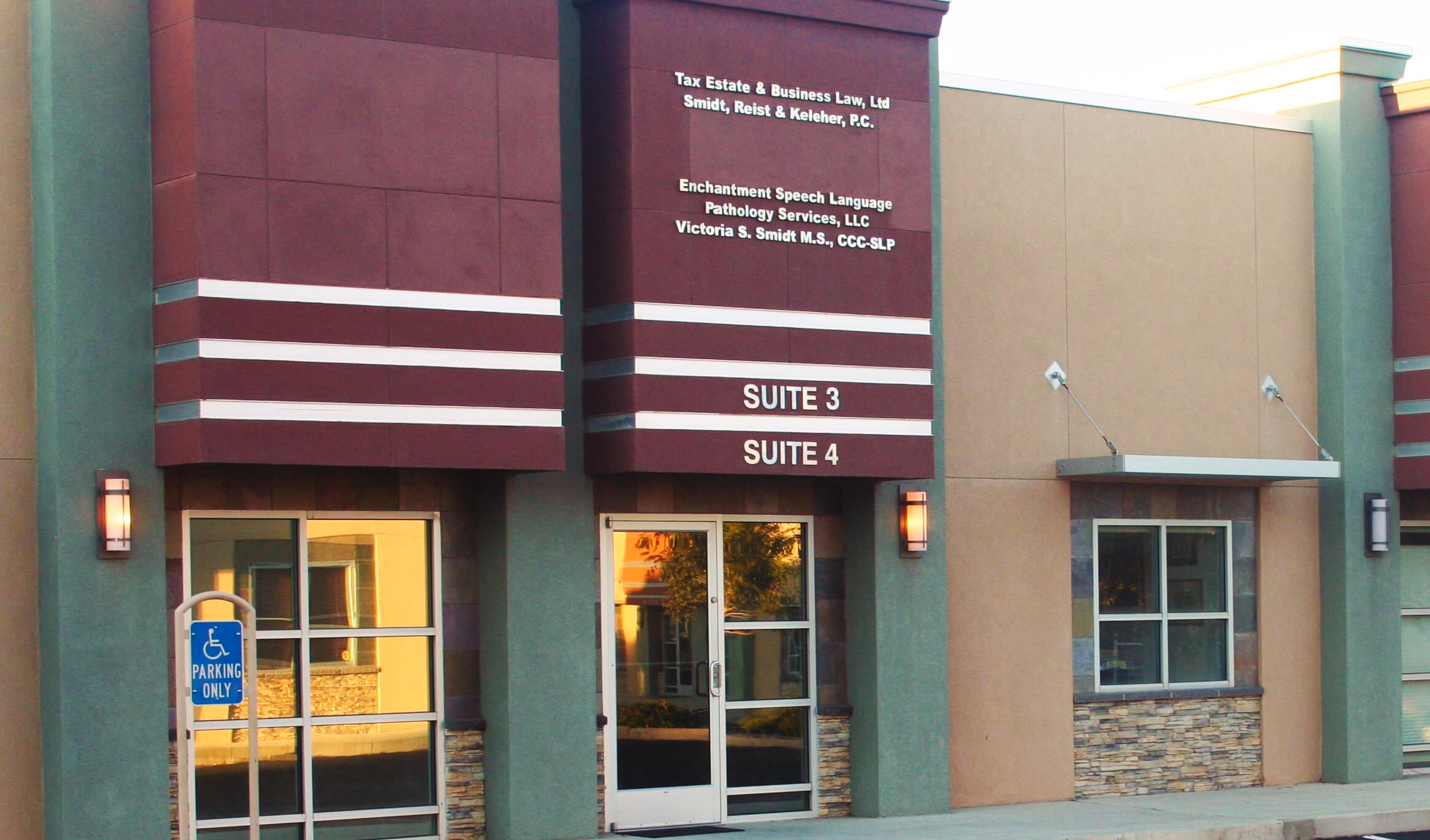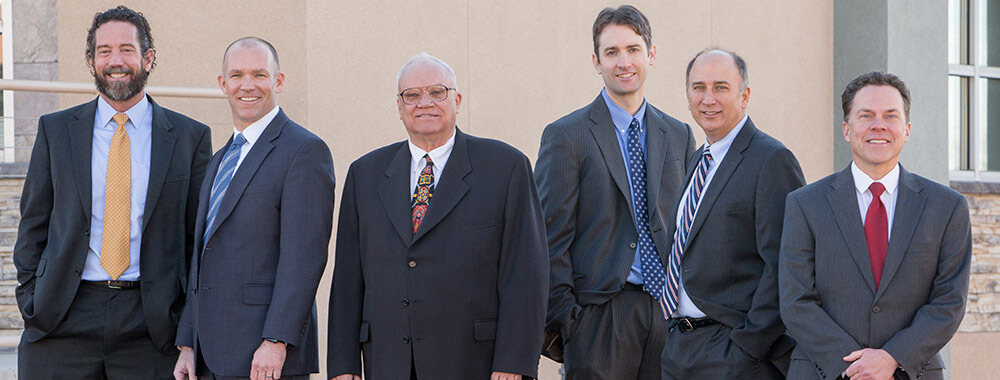When a family member or loved one dies, there are many issues that arise. Unfortunately, even while family and friends are mourning the loss, someone must deal with how to handle the decedent’s assets. If the decedent made a Will or Trust, that document must be located. If no Will is found, then the decedent is said to have died intestate. Whether there is a Will or not, probate may be necessary. Probate can be avoided when the decedent has properly and completely funded a trust or when the decedent has set up all of the assets to pass by non-probate transfer. In the event there is a dispute about a Will, a Trust, or about how an estate or trust is being administered, litigation may result. See Probate and Trust Litigation for information about such litigation.
Probate Administration
Probate is the process of filing with a court and having a court appoint a personal representative to handle the administration of the estate. Simply having a Will that appoints a person as personal representative is not sufficient; that person must be confirmed by a court and the court must issue Letters Testamentary (in the event the decedent died with a Will) or Letters of Administration (in the event the decedent died without a Will) to the personal representative. Once the personal representative is appointed, he or she must give notices to the heirs and devisees as well as to creditors of the estate. The personal representative is also responsible for preparing an inventory of the estate assets within three months of appointment. Ultimately, it is the personal representative’s job to gather up all of the assets of the Estate, to pay or otherwise resolve any creditor claims against the Estate, pay taxes owed by the estate, and distribute the estate assets to the devisees or the heirs. We can help with that process by preparing and filing the necessary documents with the court, preparing notices and publishing them as necessary, assisting with preparing the inventory, dealing with creditors’ claims, advising concerning tax issues, and assisting with the final distribution of the estate assets to those entitled to receive the assets.
Trust Administration
If the decedent properly funded a trust, then probate likely will not be necessary. However, there are still things to be done. Notices must be given to the beneficiaries named in the Trust. Furthermore, reports of the trust assets and disbursements from the Trust must be provided. Depending on the terms of the trust, the assets may be immediately distributable or may be held by the trustee for some period of time for the benefit of the beneficiaries. The trustee will be responsible for properly managing and investing those assets as well as for making distributions to the beneficiaries in accordance with the terms of the Trust. We can assist with providing the required notifications, with preparing reports and accountings, and with the ongoing administration of the Trust



